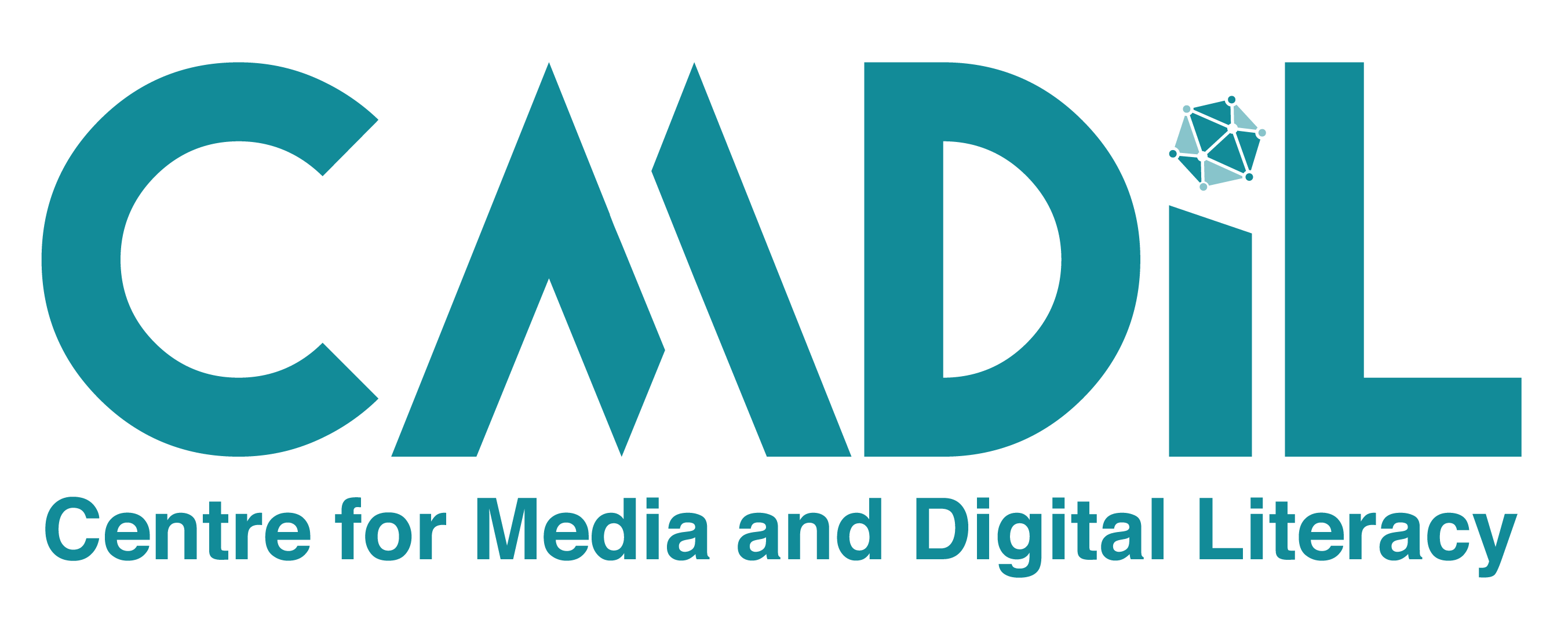
Centre for Media and Digital Literacy
- +233 277 778 960
- info@cmdil.org
- Mon-Fri 8am - 5pm
Ghana’s December 7 2024 general election is set to be a significant political event as the country prepares to elect a new president and members of parliament. The ninth general election of the fourth republic, this year’s election is expected to be highly contested, with the incumbent government, led by the Vice President, Dr Mahmoud Bawumia, as their flagbearer, aiming to ‘break the eight’, a fourth republican defacto tradition where incumbent governments are voted out after serving two terms of four years. On the other hand, the opposition National Democratic Congress (NDC) and its flagbearer and former President, John Dramani Mahama, are looking to ‘deliver’ Ghanaians from over seven years of hardships which has culminated in an economic crisis and an International Monetary Fund (IMF) bailout.
Already, several concerns have been raised about the electoral process. IMANI Ghana, a prominent think tank, has on several occasions expressed worry about the Electoral Commission’s transparency in its operations and decision-making processes, problems with the voter registration process, communication and engagement and procurement and spending, among others. The deployment of weaponised disinformation and misinformation by supporters of the two main political parties and the media’s preparedness to perform its mandate ahead of the elections, particularly with the threat of disinformation and misinformation, has also been a subject of concern.
Globally, disinformation (the deliberate creation and dissemination of false information) and misinformation (unintentional circulation of false information) are identified as a challenge, especially during periods of tension and uncertainty. It is no surprise to observers that the World Economic Forum, in their 2024 Global Risks Report, declared misinformation a top societal threat, warning that misinformation and disinformation may ‘radically disrupt electoral processes in several economies over the next two years.’ This prediction is supported by a UNESCO research, which found that citizens were concerned about the prevalence and danger of false information in their countries ahead of scheduled elections.
The 2023 study of Internet users in Ghana and 15 other countries slated to go to the polls this year on the impact of online disinformation and hate speech found that citizens perceive the issue of disinformation as a real threat. Eighty-seven per cent of participants (87%) believe that this phenomenon has already had a significant impact on the political life in their country. The same proportion of participants (87 per cent) are worried about the effects of disinformation on the upcoming elections in their country.
While a majority of participants of the research and respondents of similar previous research say they rely on social media for information (56 per cent of UNESCO’s survey reported relying on social media), traditional media, particularly television, are the most trusted sources of information in terms of their credibility and quality during elections. Therefore, Ghanaians have a lot of expectations of traditional media, that is, radio, television, and print media, going into the polls.
The media is expected to ‘uphold the responsibility and accountability of the Government to the people of Ghana’ per Chapter 12 of the 1992 Constitution, bearing in mind that as media experts Bill Kovach and Tom Rosenstiel have said, “the central purpose of journalism is to provide citizens with accurate and reliable information they need to function in a free society.”
Indeed, the Ghanaian media has played this role quite well over the years; history is replete with the significant accomplishments of the media pre-independence, through independence, and periods of political unrest to date. However, the changing ecosystem, marked by technological advancements and its fallouts, including, as previously mentioned, disinformation and misinformation, presents the media with challenges that necessitate a reimagination of its responsibilities and processes. To do this, the media needs to know its place and role in the information disorder (encompassing misinformation, disinformation and malinformation) space and proactively support efforts at addressing same.
The media can be creators and disseminators of information disorder and, at the same time, the targets of information disorder.
When targeted, the media’s response has often been to stamp ‘fake news’ across such content. However, while labelling false information can change perceptions, beliefs, and behaviours, it may not be good enough. Such warnings can easily be misunderstood (what about the visual is fake?) or ignored.
There is no silver bullet or hypodermic needle approach to addressing information disorder in the media and faced by the media. However, best practices require that media organisations take a proactive approach to the problem and ensure they have in-house policies they can fall on when targeted by false information peddlers. Such policies may include:
Image Source: ETV Ghana
